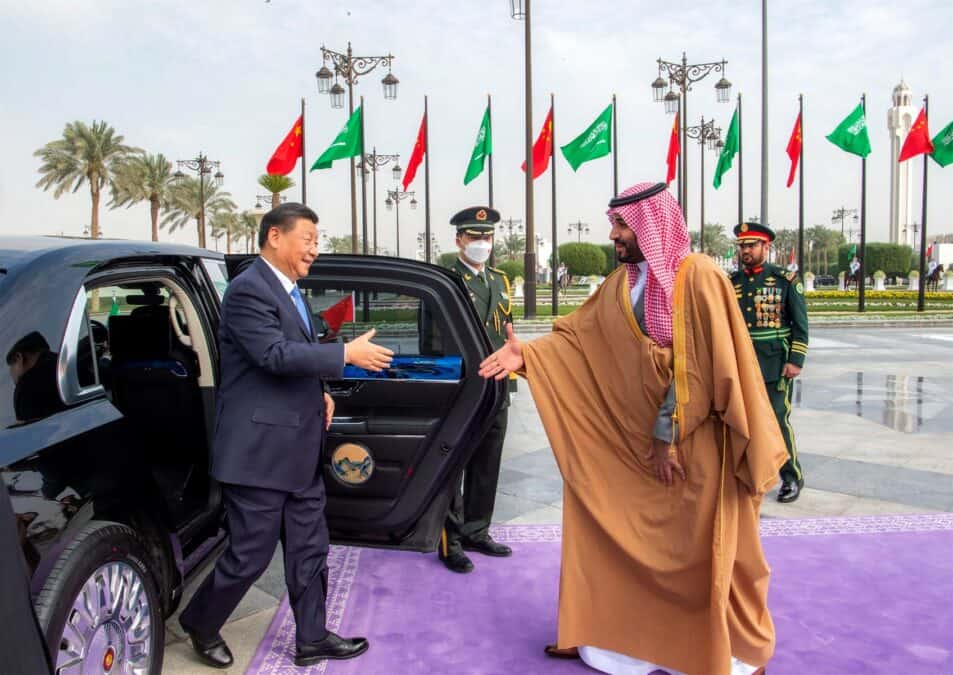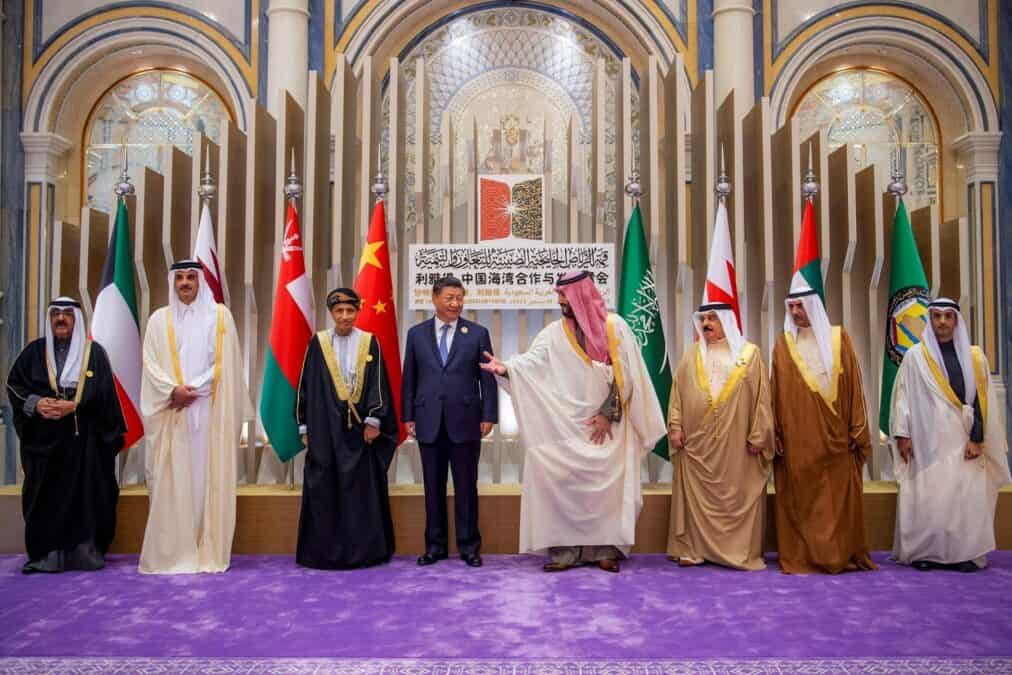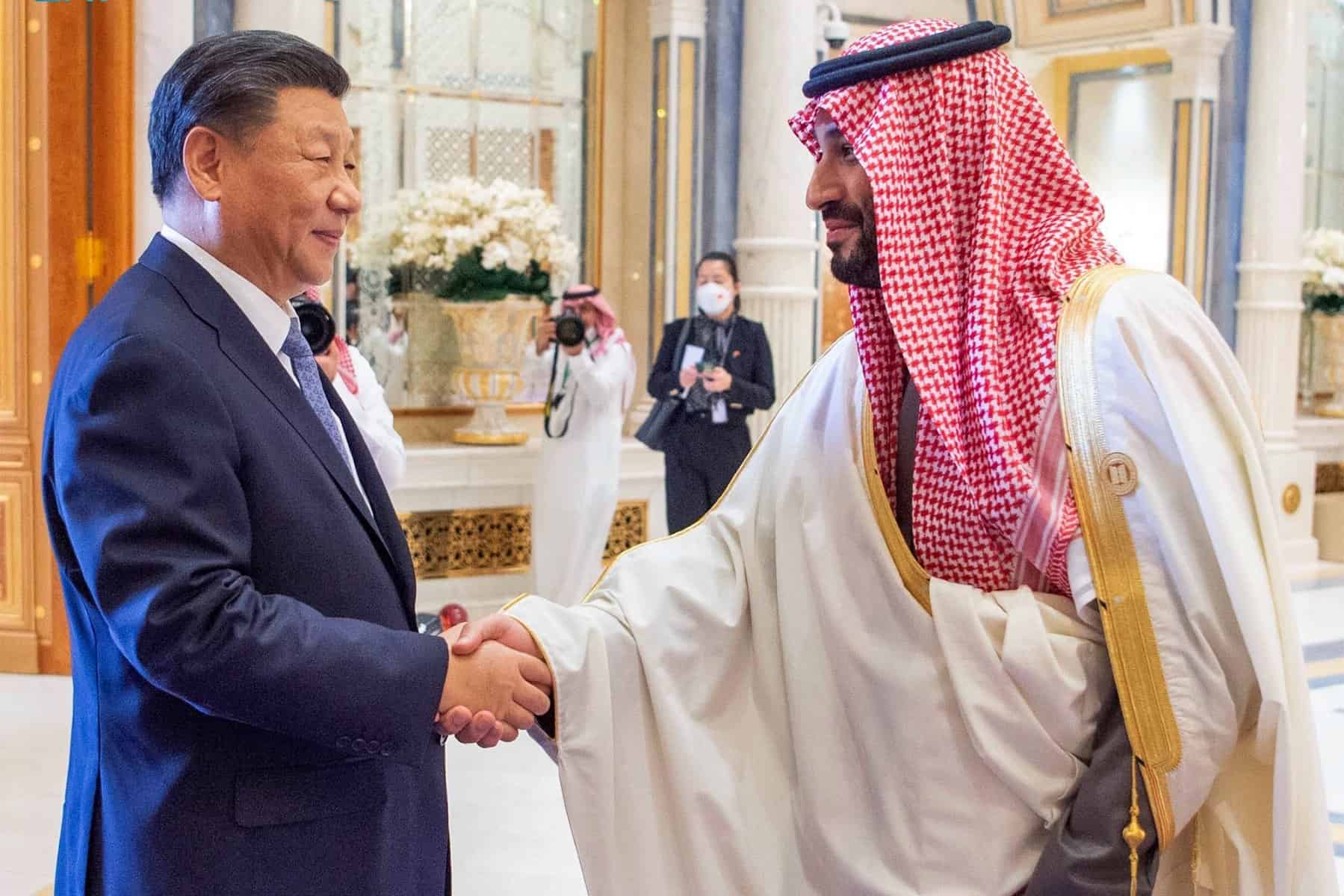As the global power structure continues to shift, China’s influence is gradually rising while that of the United States is waning. China has recently offered to mediate a peace deal between Israel and Palestine, indicating its increasing role in regional diplomacy.
Chinese Foreign Minister Qin Gang has expressed readiness to help facilitate peace talks between Israel and Palestine. He made separate phone calls to Israeli Foreign Minister Eli Cohen and Palestinian Foreign Minister Riyad Al-Maliki, emphasizing China’s push for peace talks on the basis of implementing a “two-state solution.” Qin encouraged “steps to resume peace talks” and said that “China is ready to provide convenience for this.”
China’s push for regional peace and its recent diplomatic offensive in brokering the restoration of ties between Iran and Saudi Arabia have positioned it as a rising global leader. The United States has been the main powerbroker in the Middle East for decades. Still, its involvement in conflicts such as the Iraq and Afghanistan wars has led to more significant challenges rather than solutions.
In contrast, China’s mediation between rival powers and encouraging dialogue and cooperation may prove more effective in resolving regional conflicts. If the communist giant successfully mediates the Israel-Palestine peace talks, it would further establish its position as a global peacemaker, a role that long has been reserved for the United States.

China’s diplomatic efforts to resolve regional conflicts could potentially lead to stronger ties and cooperation among neighboring countries. For example, if Saudi Arabia and Iran continue to work as good neighborly countries, and Yemen finds peace, China’s rising position as a global leader will become even more pronounced.
China has recently witnessed a huge influx of state leaders lining up to visit the country and meet one of the most powerful political leaders in the world – Premier Xi Jinping. Leaders from Spain, France, Singapore, Malaysia and the European Union have met with the Chinese leader despite Beijing’s unwavering support to Russia. Most of the Western countries, on the contrary, support Ukraine in its conflict with Russia.
On China’s rising influence in the Arabian Gulf countries, the UK-based thinktank Chatham House says in a recent paper said that Beijing has used the COVID-19 pandemic as an opportunity to rebrand its international role as a ‘responsible’ and ‘great’ power.

“This is a trend that has been long in the making in Chinese foreign policy. For instance, the launch of the Chinese Global Security Initiative or the recent brokering of the Iran-Saudi rapprochement agreement shows clearly that China is becoming much more than an economic powerhouse and is adopting a more proactive foreign policy,” it said in a paper titled, ‘China’s renewed influence in the Gulf.’
“During the recent state visit of Xi Jinping to Moscow, he at one point said that China stands ready to ‘safeguard (…) the international order underpinned by international law ’. These examples are quite telling regarding the role China ascribes itself on the international stage,” it added.
On the United States, the Chatham House report says that the Gulf countries are trying to diversify the portfolio of external partners, recognizing that the United States may no longer be the most reliable security guarantor. The growing role of China in the Gulf has therefore enhanced the geopolitical agency of the regional countries.
“With China expanding its footprint in the region, the unilateral dependency on the US diminishes”, said the report.
China’s offer to mediate peace talks between Israel and Palestine is widely seen as emblematic of its growing influence and potential as a global leader. Its diplomatic efforts to resolve regional conflicts on the basis of cooperation and dialogue are expected to be more effective in achieving long-term peace than the involvement of the United States in conflicts as a global policeman.
The peace that follows a China-mediated productive engagement among the estranged Gulf countries could potentially lead to stronger ties and cooperation among them, establishing Beijing as a global peacemaker.

